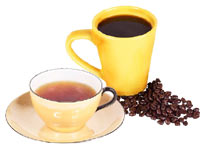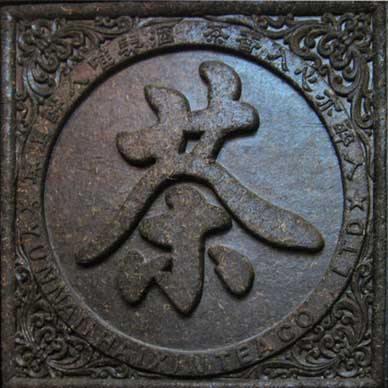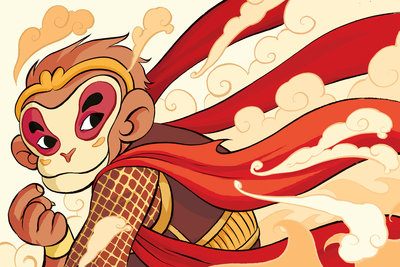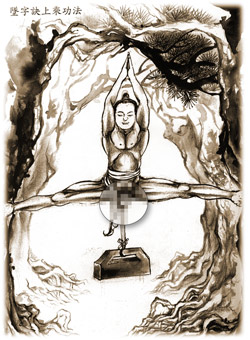
Had an odd experience today. A guy came into our school for an oral test. He was pretty odd. Nerdy looking with bent glasses, wearing simple clothes and having a cane. Upon being called for the oral test he practically keeled over.
He did make it into the testing room though. It was then I noticed that he had real powerful B.O., the kind that kind of makes you want to close your eyes.
I went through my regular type questions.
Me: So what do you do?
Him: I do China politics.
Me: Isn't doing politics in China illegal?
Him: No, I use international communication service...
It was a terrible oral test. And while I was convinced that he had some ability, it was diminished by the fact that he also stuttered and repeated himself very often. What I had really to do was to get out of the reek that was filling the testing room!
Later I asked the secretaries for clarification. When he had been asked about his employment he claimed he was in politics, more specifically he was in the Communist Party.
Well, I laughed when I heard that! But it got me thinking that there had to be some Communists in Taiwan.
There might be some truth to what he said. There actually is an unofficial Taiwanese Communist Party led singularly by someone named Dai Chung. He has tried to apply to register his party several times but
"these applications to the ROC Ministry of the Interior have been rejected on the grounds that Article 2 of the Civic Organization Law forbids civic organizations and activities from promoting communism."Dai Chung brings up an interesting point. If Taiwan is so democratic then why don't its laws allow people to start a communist party? If Mr. Dai's organization gets shut down doesn't that smack against free speech?
http://news.bbc.co.uk/2/hi/asia-pacific/4168153.stmI say let him start his party. No one will take it seriously anyway. Besides, it could add a little more color to the already colorful field of politics in Taiwan, much like the Rhinoceros Party or the Natural Law Party has in Canada.
http://en.wikipedia.org/wiki/Natural_Law_Partyhttp://en.wikipedia.org/wiki/Rhinoceros_PartyEven Dr. Sun had a leaning towards communism:
"Sun Yat-sen (孫逸仙) said, It’s OK to study the meaning of communism, but not to use its methods.
Fair enough. Here are some more sympathizers:
"Before Song Qingling (宋慶齡), Madame Sun Yat-sen, passed away, she was allowed to become a member of the Communist Party in May 1981. Chiang Ching-kuo (蔣經國) became a member of the Komsomol after he arrived in Moscow in November 1925. [....] Papers can also be found that state that former president Lee Teng-hui (李登輝) became a member of the Communist Party upon his return to Taiwan after World War II. They were all attracted by ideas: capitalism conforms most with the human character, socialism strives for humanism, and communism is full of idealism."
http://www.hartford-hwp.com/archives/55/530.html
Wow! Even Teng-hui!!!
Back to the testee. So was this guy full of it? I may find out later if he actually takes class. Either the guy was totally off his rocker or he was a genuine Communist.
I leave you with a clever quote from Dai Chung, leader of the Communist Party of Taiwan:
"Its wrong to say if I love the mainland so much, I should move there. If I do that, Taiwan will only be left with independence supporters."
 This is not my scooter but it is typical of many scooters here in Taiwan... very beat!
This is not my scooter but it is typical of many scooters here in Taiwan... very beat!

























